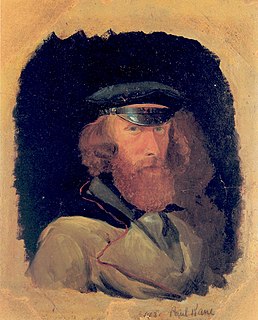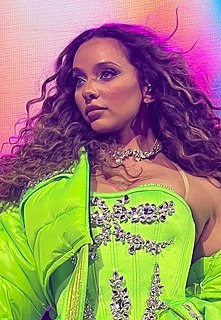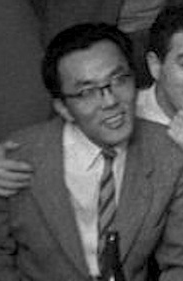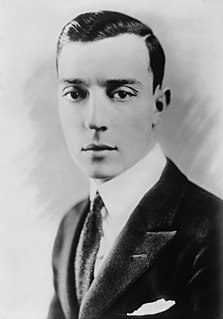A Quote by Khalil Gibran
Poverty is a veil that obscures the face of greatness. An appeal is a mask covering the face of tribulation.
Related Quotes
It was a dance of masks and every mask was perfect because every mask was a real face and every face was a real mask so there was no mask and there was no face for there was but one dance in which there was but one mask but one true face which was the same and which was a thing without a name which changed and changed into itself over and over.
Down through the years my face has been called a sour puss, a dead pan, a frozen face, The Great Stone Face, and, believe it or not, "a tragic mask." On the other hand that kindly critic, the late James Agee, described my face as ranking "almost with Lincoln's as an early American archetype, it was haunting, handsome, almost beautiful." I can't imagine what the great rail splitter's reaction would have been to this, though I sure was pleased.
The discipline of suffering, of great suffering- do you not know that only this discipline has created all enhancements of man so far? That tension of the soul in unhappiness which cultivates its strength, its shudders face to face with great ruin, its inventiveness and courage in enduring, preserving, interpreting, and exploiting suffering, and whatever has been granted to it of profundity, secret, mask, spirit, cunning, greatness- was it not granted to it through suffering, through the discipline of great suffering?






































